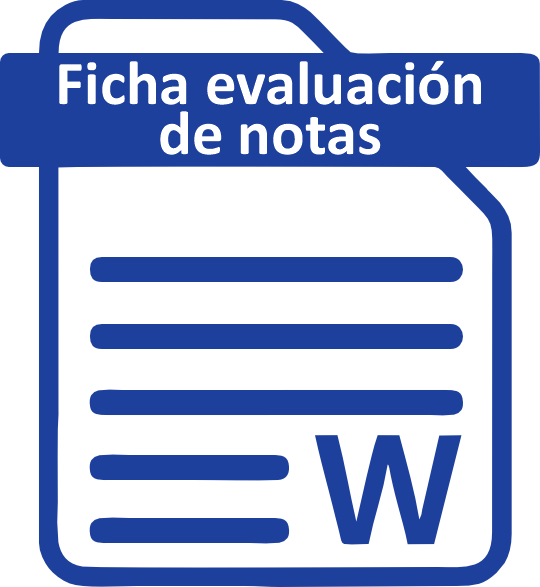The concept of plagiarism from the perspective of a group of peruvian university students
Abstract
Plagiarism, considered as a dishonest act, has been denounced by both academic and non-academic institutions. Given the seriousness and impact of the event, its implications nowadays go beyond regulatory sanctions and its scope even reaches legal and criminal matters. In the present study, a group of definitions is analyzed, product of the information provided by a group of 200 students of a Peruvian private university in order to identify which are the words with which they qualify this act, which are the academic products susceptible of plagiarize and what is the definition that emerges from what is stated by the participants. The study is qualitative. Each participant was given a coded record with three questions on general data (age, gender and career) and an open-ended question in which they are asked to define in their words the term plagiarism. The results indicate that the terms with the greatest presence in the definitions are copy, person, exam, information and works (academic). In this investigation, finally, a definition of plagiarism is proposed based on what was expressed by the participants.Downloads
Copyright (c) 2019 Teresa Ramos Quispe, Dennis Arias Chávez

This work is licensed under a Creative Commons Attribution 4.0 International License.
Authors retain their rights:
a. The authors retain their trademark and patent rights, as well as any process or procedure described in the article.
b.The authors retain the right to share, copy, distribute, perform and communicate publicly the article published in the Boletín de la Academia Peruana de la Lengua (for example, placing it in an institutional repository or publishing it in a book), with an acknowledgment of its initial publication in the Boletín de la Academia Peruana de la Lengua.
c. Authors retain the right to make a subsequent publication of their work, to use the article or any part of it (for example: a compilation of their work, notes for conferences, thesis, or for a book), as long as they indicate the source of publication (authors of the work, journal, volume, number and date).

.gif)






























